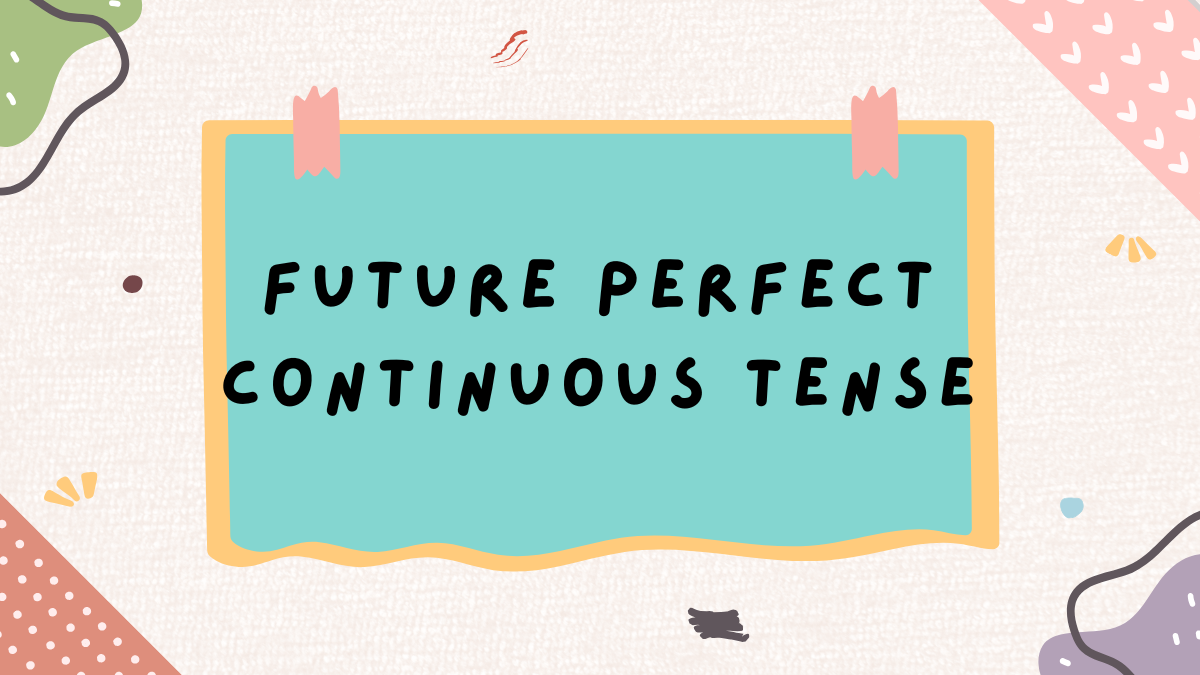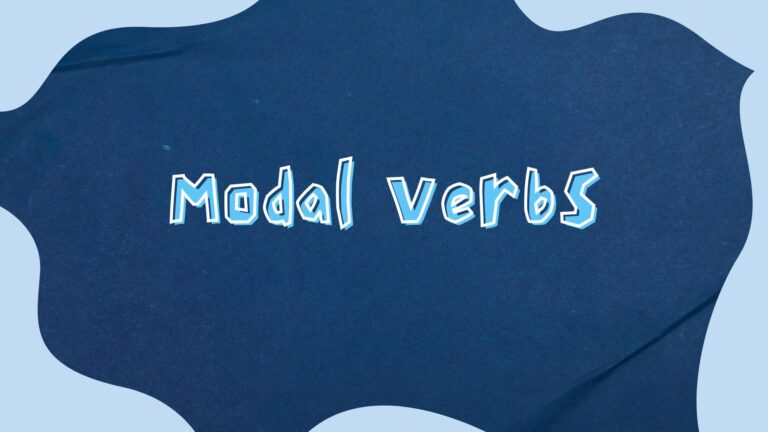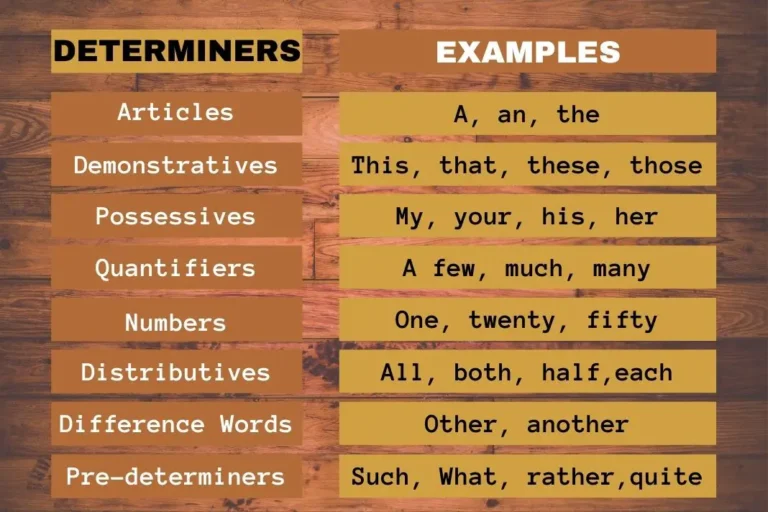Future Perfect Continuous Tense: Definition, Rules, Examples
English grammar can be tricky, especially when it comes to tenses. One of the less commonly used but important tenses is the Future Perfect Continuous Tense. If you are preparing for exams, improving your writing, or polishing your spoken English, mastering this tense will give you more accuracy and fluency.
In this complete guide, we’ll explain the definition, structure, usage, rules, examples, and common mistakes of the Future Perfect Continuous Tense.
What is the Future Perfect Continuous Tense?
The Future Perfect Continuous Tense (also known as the Future Perfect Progressive Tense) describes an action that:
- Will be ongoing over a period of time,
- Will continue until a specific point in the future.
In simple words: It shows the duration of an action up to a certain time in the future.
Example:
- By next week, I will have been working on this project for six months.
Here, the action (working) started in the past, is still continuing, and will continue until the mentioned point in the future.
Formula / Structure
The structure of the Future Perfect Continuous Tense is:
Subject + will have been + verb (-ing) + object + time reference
Positive Sentence
- She will have been studying English for five years by 2026.
Negative Sentence
- She will not have been studying English for five years by 2026.
Interrogative Sentence
- Will she have been studying English for five years by 2026?
Usage of Future Perfect Continuous Tense
You should use this tense when:
1. Showing the duration of an action until a future time
- By December, I will have been living in New York for two years.
2. Emphasizing an ongoing process in the future
- They will have been driving for ten hours when they reach Paris.
3. Highlighting cause and effect in the future
- By tomorrow, he will have been working nonstop, so he will be tired.
50 Examples of Future Perfect Continuous Tense
Here’s a long list to practice:
- By next Monday, I will have been teaching at this school for 10 years.
- By evening, she will have been cooking for three hours.
- By 2030, we will have been living here for two decades.
- He will have been practicing football for two hours by the time the match starts.
- By tomorrow, they will have been waiting for six hours.
- The children will have been playing since morning.
- By the time you arrive, I will have been studying for five hours.
- She will have been reading this novel all afternoon.
- We will have been working on this project for three months by December.
- By next week, the workers will have been repairing the road for ten days.
- They will have been traveling for 12 hours when they reach the city.
- He will have been speaking on stage for two hours.
- By morning, she will have been painting the wall for four hours.
- The dog will have been barking for hours by then.
- By 5 pm, we will have been shopping all day.
- She will have been writing for two hours when you visit.
- By July, he will have been managing the shop for five years.
- The company will have been running advertisements for six months.
- By the time exams start, students will have been preparing for weeks.
- He will have been exercising every morning for two hours.
- She will have been singing for 30 minutes by then.
- By winter, I will have been saving money for two years.
- They will have been celebrating the festival for three days.
- By March, the farmer will have been growing crops for six months.
- By next year, we will have been using this software for a decade.
- He will have been working as a teacher for 15 years.
- By next summer, she will have been learning Spanish for two years.
- They will have been fixing the machine since morning.
- The kids will have been enjoying the park all afternoon.
- By the time you call, I will have been sleeping for two hours.
- She will have been cooking the meal since noon.
- We will have been playing chess for an hour.
- He will have been attending online classes for six months.
- They will have been cleaning the house since morning.
- By tomorrow, she will have been waiting for three days.
- The team will have been practicing for the tournament for months.
- By next year, I will have been blogging for five years.
- He will have been driving for eight hours straight.
- By night, the workers will have been building the bridge for weeks.
- She will have been visiting her grandmother for two days.
- The teacher will have been teaching grammar all morning.
- By then, I will have been walking for two hours.
- He will have been playing video games all day.
- By 2026, they will have been living abroad for a decade.
- We will have been waiting at the airport for four hours.
- She will have been preparing for the interview since yesterday.
- By evening, I will have been gardening for three hours.
- The musicians will have been performing for an hour.
- By Sunday, he will have been fasting for a week.
- By next Friday, she will have been working in this office for one year.
Difference Between Future Perfect and Future Perfect Continuous
Many learners confuse these two tenses. Here’s the difference:
| Tense | Focus | Example |
|---|---|---|
| Future Perfect | Completion of action | By 5 pm, I will have finished my homework. |
| Future Perfect Continuous | Duration of action | By 5 pm, I will have been studying for two hours |
FAQs
Q1. Is Future Perfect Continuous common in daily English?
Not very common in casual speech, but important in writing, formal communication, and exams.
Q2. What words are often used with this tense?
- for, since, by the time, by tomorrow, by next year.
Q3. Why should I learn this tense?
It improves accuracy in describing future actions, especially in academic writing and storytelling.
Final Thoughts
The Future Perfect Continuous Tense may look complex, but with enough practice, it becomes easy to use. Always remember the formula:
Subject + will have been + verb(-ing) + object + time reference
If you use this tense to describe future duration, you’ll write and speak with more clarity.





